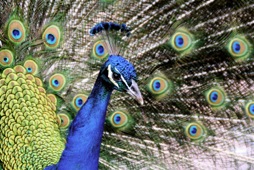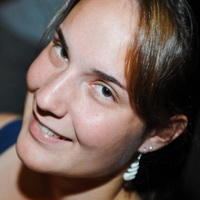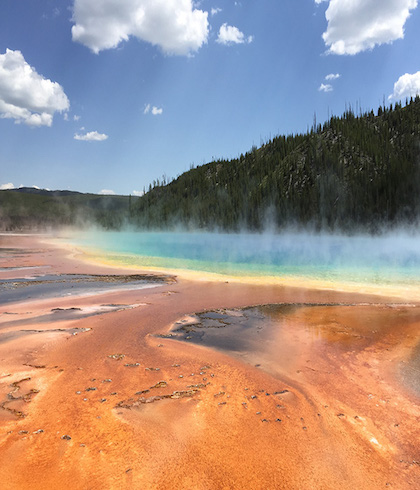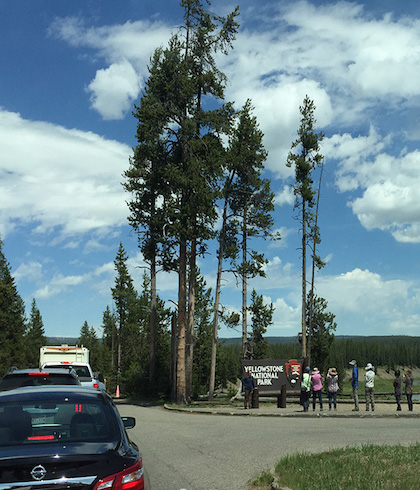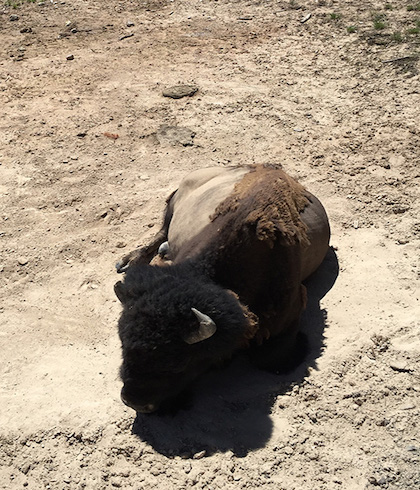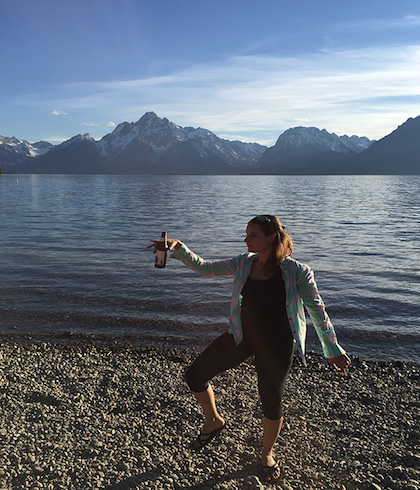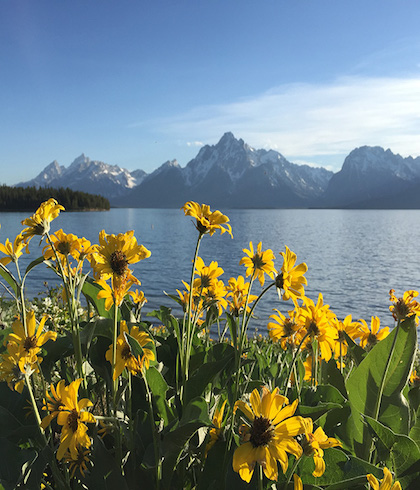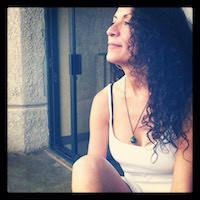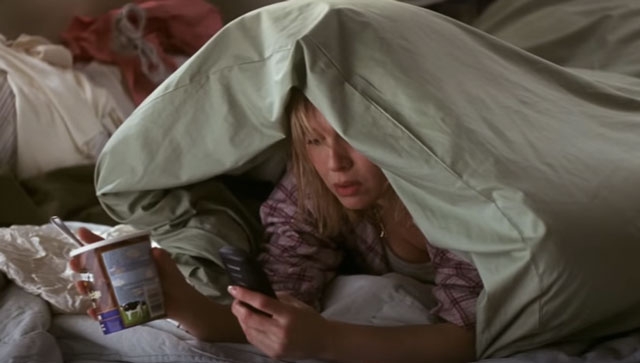
Dear struggler, human being, and user of the ladies restroom, who relieved me of all the cash in my wallet while I practiced hot power flow at a popular Houston yoga studio on Tuesday,
I don’t know exactly what to call you.
Not friend, because friends don’t empty friends’ wallets without permission.
Not sister, blood or soul; my sisters have my back. You are not “chica”—that presumes a culture I would not ascribe to you. And you are not a yogini. I don’t care how lithely your body moves through poses, or how you glisten and glow on the outside. On the inside—not so much.
I thank you.
Andy, my meditation guru, speaks with a lovely British accent that sounds like what thick, puffy scones with apricot jam would sound like if rich, baked butter and sweet, orange fruit could speak. Andy says the source of our negative emotions is blameless. Notions like impatience, resistance, pain and anger come from within, not without. And when we feel those emotional reactions arising in response to situational clouds in an otherwise clear, blue sky, we must not look to blame the situations. We must look for the ever-present blue behind the stormy reactions.
People and places that elicit impatience, resistance, pain, and anger are gifts, Andy says, little opportunities to practice coming back to blue-sky breath.
For that gift, I thank you.
Tuesday was a rainy, cloudy day. It had taken me an hour and a half on the freeway that morning to make what should have been a 50-minute drive to a schmancy charity function at a schmancy downtown hotel. During the function, I parted ways, via plastic, with approximately the same amount of money you helped yourself to, and I didn’t blink an eye.
The cause was education: in general, one I will gladly support. Specifically, it was a fundraiser for a foundation that promotes literacy, teaching the teachers to teach those with learning differences—not only to read, but to build a lifelong love of literature.
The keynote speaker, a famous TV actor of bygone happy days, regaled us with his touching life story, one in which he was ridiculed and relegated to failure by those who didn’t acknowledge his challenges, the very same challenges my daughter faces. I fought back tears. I vowed to find new ways to help her and others like her, starting with larger support of this foundation. With that promise came an implicit pledge to renew my efforts to help all those who suffer in silence.
For allowing me to keep my promise, I thank you.
I support lots of foundations, ranging from indigent health care in my faraway hometown to refugee relief in farther away Syria. I give generously to Annie’s List of Texas and the Women’s Shelter of Montgomery County, and when I lived in the Czech Republic, I gave my time, talents, and money I earned from teaching yoga to the local women’s shelter. I write checks to Greenpeace, Habitat for Humanity, African libraries, and upstate South Carolina land conservation organizations.
My policy is that if I am asked to give to people who need help, I give.
I have always said, with a vigorous nod to Dorothy, that we don’t have to wander much further than our own backyards to find those people—or talking lions who walk upright. Whatevs. I guess I needed to be reminded.
For the reminder, I thank you.
I have copious amounts of money to drop in the buckets as they pass. I know how lucky I am to have been both charmed and blessed in this life.
I have a big house to which everyone is invited. I drive a big car, which I load up with donations and drop them off at shelters. What you took from me would have been $25 more if I hadn’t paid that much to valet park, simply because I didn’t want to walk in the rain in my luncheon shoes. My husband is a highly paid executive at a merther-ferking oil company for God’s sake, on whose dime I have traveled extensively. Whose dimes I have, alm by alm, donated away.
Nevermind that no matter how carefully orchestrated my exit plan from the hotel ballroom, and despite my “Ocean’s 11” heist-like strategy, I still got lost on the way to the yoga studio. I drove by the place five times, executing an enviable series of U-turns and traffic maneuvers that would have made
Danica Patrick proud. Frazzled, I finally arrived at 2:01 for a 2 o’clock class, hence necessitating my hasty sign-in and my careless throwing-my-sh*t-in-an-unprotected-ladies’-room-cubby rather than stashing it behind lock-and-key in the facility lockers, which I walked right by but didn’t have the time or presence of mind to notice.
Where were we? Oh yes. Luncheon shoes. Faux calf-skin, leopard print. Blech, you say. Spoiled, you call me. Values-skewed at best, valueless at worst. Go ahead, point your finger at me. Add hypocrite to the list while you’re at it. You wouldn’t be wrong. Yesterday, I stole too.
For naming me, I thank you.
Without asking, I took two magazines from my kids’ orthodontist office. By definition, that is stealing. And by definition, yoga has eight limbs, only one of which is
asana, or physical practice. Another one of the limbs, or
yamas, is
asteya: non-stealing.
The next morning, I returned the magazines after having copied down the websites, recipes, and cute outfit ideas that I had convinced myself were of more value to me than to other patients who might also be entertained or gratified by the very same one-month-old recipes, websites, and cute outfit ideas. Remember that list of epithets we were throwing down? How about selfish? Self-centered, single-minded? Decidedly non-yogic.
Sometimes it takes the mistakes of others to open our eyes to our own.
For revealing me, I thank you.
Yoga is more than exercise. Asana is the physical frontside. We go to our mats to practice, and we stretch beyond our limitations. As the makeup is sweated off, the to-do lists are forgotten; what’s in or not in the fridge, who’s coming to dinner, where we’ll be in five years, hell, where we’ll be tomorrow—all of it distills into the moments when we come back to the natural self and kiss an intimacy with the interiority of the body.
And that distillation then crystallizes into magnifying laser beams of light, which we are able to use to spotlight other areas of our lives and see more clearly where we can refine, define, lean-in, and sharpen a keener sense of wellness—holistic, emotional, and spiritual. Asana is only
one-eighth of the full yoga immersion. Among the other seven yamas, the values, principles, and observations to which we aspire and through which we hope to achieve enlightenment are the aforementioned asteya: ahem, non-stealing, and
aparigraha: non-possessiveness, non-greed, detachment.
For enlightening me, I thank you.
I can do without the money. You need it more than I do. (Although, when I proffered that philosophy at the dinner table later that night, my sage and succinct 17-year-old son declared, in a way that only 17-year-olds can, “That’s bullsh*t.” Maybe so, my son, but I will continue to make it my life’s work to shine the light on the truth of that way of seeing.)
There were years in my life when every dollar to my name was carefully accounted for. Now, I honestly don’t know how much money had been in my wallet. A hundred bucks? Two hundred? Thereabouts. For me, a hundred bucks could be the difference between valet parking or not. For you, it could be rent. Or food. Or yoga.
Remember, I had been late, and the receptionist had scurried me in, providing water, a hair tie, and a towel. I had yet to pay for any of that. When I opened my wallet after class and found it as empty as Jesus’ tomb, an echo chamber, a cartoon moth could have flitted out of its voided chambers, my first thought was: I know how lucky I am. Believe you me. And I know how I sound to you, with my charity luncheons, suede sandals, and valet parking.
But make no mistake. If you think my yoga is bogus, you underestimate us both.
I’ve been practicing yoga in all its limbs for 32 years, just as often off the mat as on. Clearly, I need more exposure to some of its finer points. You taught me aparigraha. You reinforced asteya. Additionally, you acquainted me with
ahimsa: non-violence, non-harming, non-injury. Inasmuch as we can be, we’re all about that in our family. Even though I can count on two hands the number of times I’ve gotten my husband and three kids to practice yoga with me on the mat, off the mat we model (or try to—see section on waiting room magazine-theft) karma yoga, wishing all others well, acting in service to others, and paying respect to the divinity of nature.
I wish you no ill will. I do sort of hope you had a sh*tty night’s sleep, tossing and turning in the restlessness that comes from a guilty conscience. But beyond that, I suffer no grievances toward you. I am not angry. I am ahimsa. I am blue sky.
You stole money from me. The laws of double indemnity prevent me from trying you for the same crime twice. So I will not let you steal from me again. I disallow you to take from me my peace of mind or my joy or my love. They are not yours for the taking.
For showing me that only I hold the keys to my inner calm, I thank you.
So you made off with my money. You can have it. In exchange you gave me this story. For the lessons, I thank you.
I turn to the great yogi and writer
Max Strom to tell you how I intend to sally forth:
“So, in our daily lives, when we see tragedy, when we see evil, when we see suffering, we have two choices: we can take that suffering into us and become upset, or we can direct our joy and love and send them out into the suffering in order to heal it.”
Detach me from my worldly goods and I will still be generous with my time and energy, giving of beneficence in many forms—cookies and breads, poetry and praise, heart of a servant, heart of a servant, heart of a servant.
My money won’t heal you. Only love can heal. I send you mine, along with the light of my spirit, which still and always and in spite of your dick move, bows humbly to the light of yours. Namaste.
~
Author: Emily Shearer


